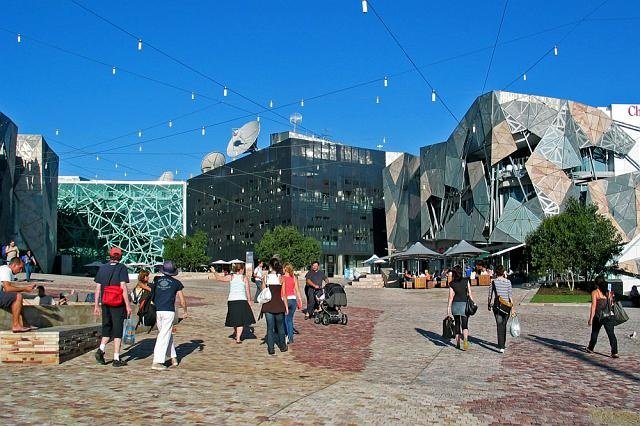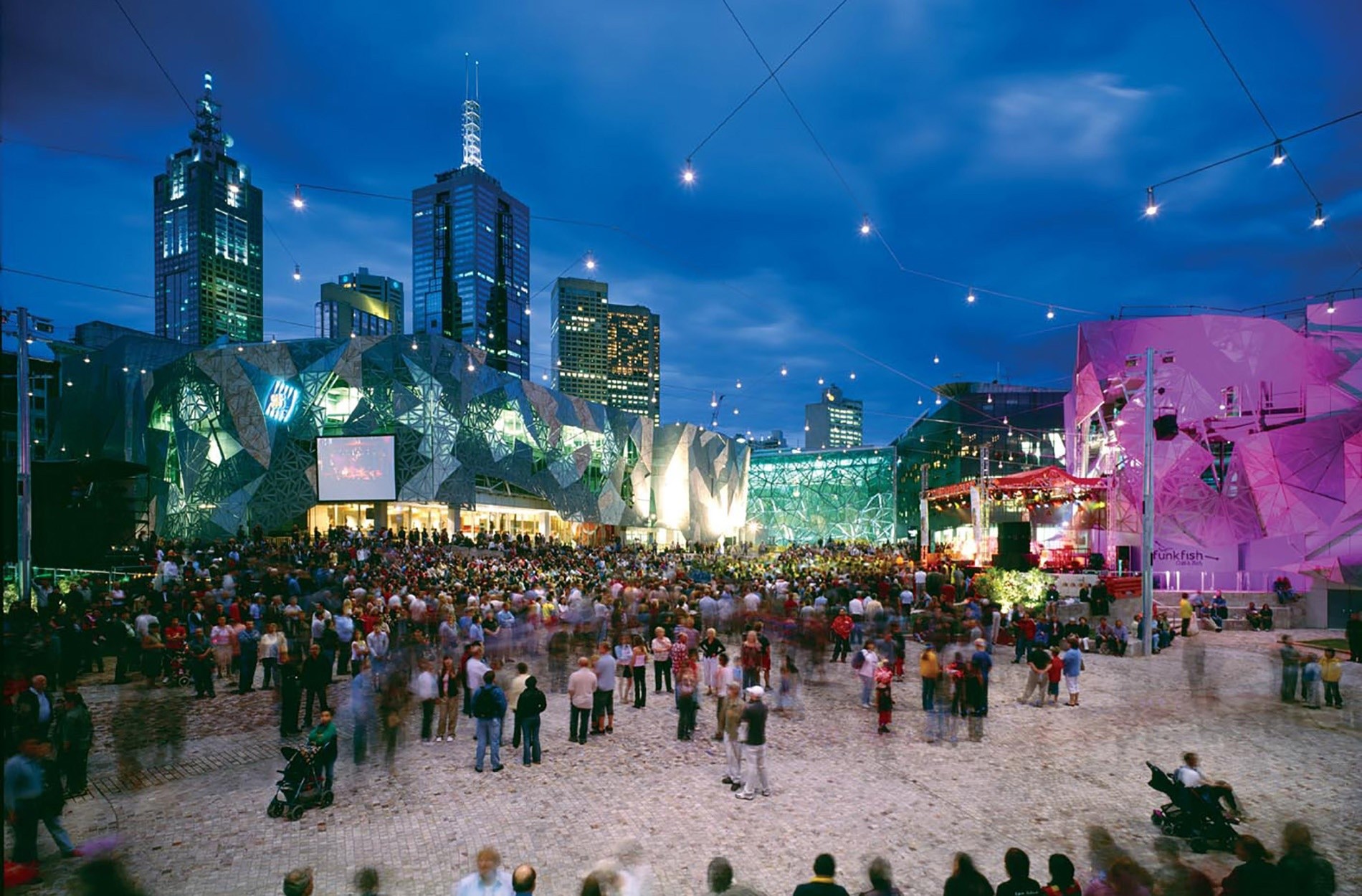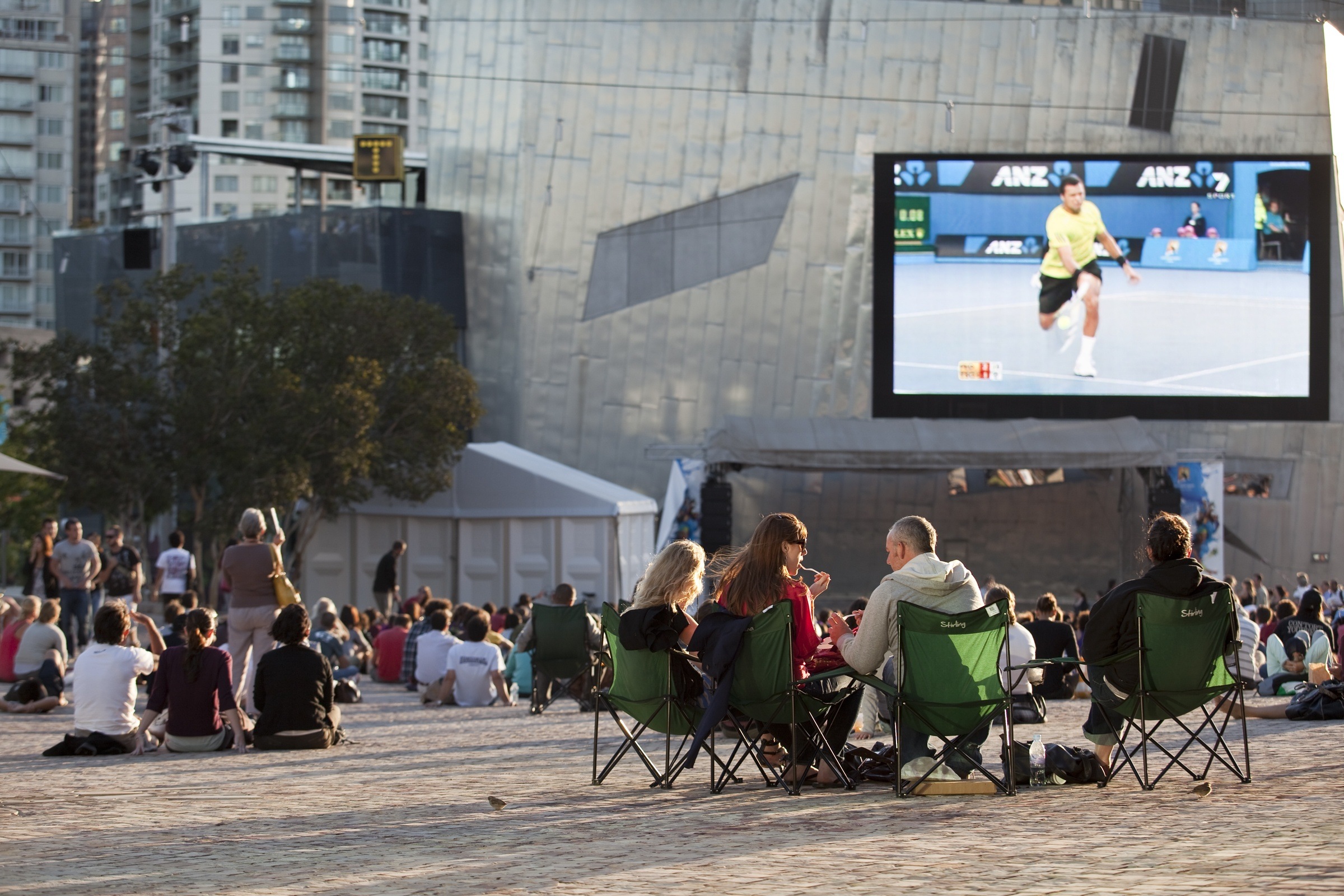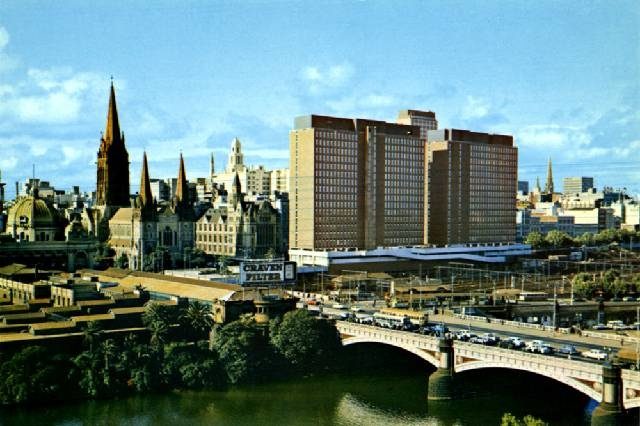I will not hit your Report button. Posted June 4.
I held out for four months. A good innings. Today, I yielded, and did my first Block-and-Report of a user.
I’m not happy or proud to have recanted on my stance. I have distaste for blocking, and a high threshold for being offended. By virtue of both being privileged and avoiding conflict-ridden topics, I’ve had a relatively easy ride of it here. (There was one Greek zealot who insulted me a fair bit, but he lost interest, and I think he was flattered by the attention when I rebutted him.)
My patience got exhausted today, by another zealot, this time on the unlikely subject of spelling reform. And it was exhausted more by seeing his ad hominems at some random third party, who was actually sympathetic to his viewpoint—but who the zealot was still insulting and belittling for living in England, which owed the world reparations for English spelling or something.
I’m getting more views, so I’ll be getting more unwelcome attention; it’s an inevitability. So I might as well give back to the community by reporting.
Not that I have much confidence in the reporting system’s efficacy. Several in my circle have reported someone wishing a friend cease drawing breath, for making a benign observation about Melania Trump. On Quora, this guy draws breath still. Another friend was threatened with rape here; she reported it, and if it was dealt with, it was certainly not a matter of hours.
And the ludicrous false positives of Quora Reporting continue; they’re getting worse, if anything. Blocks and bans for the most specious of reasons, acting robotically on policies and not prioritising actual hurt.
But I’ve gone back to enabling a broken system. How do I make up for that, and not get banned myself?
I’m launching Necrologue. Make that which is publicly visible more visible. I’ll be posting any blocks or bans I am made aware of, of suitably notable Quorans. (I’m not going to be mentioning sock puppets, for instance.) With no added commentary; all information on users’ edit logs is public, readers can make up their own minds.
It’s something.



